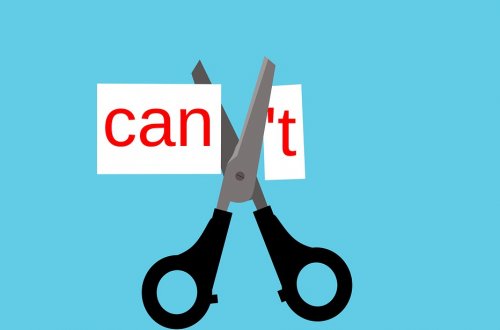Politics is officially the best profession in Uganda, as it gives an instant return on investment when you go through, especially at MP level. We see many people leaving formal employment for political positions. As you throw in the towel and enter into this new career, remember the wise words by Theodore Roosevelt: “In life, as in a football game, the principle to follow is – hit the line hard.” Politics is a very competitive game. It is about hitting the line hard. There are no short-cuts. Every contestant wants to win. The one who touches more hearts wins than…
Which bank has got the digital agenda right?
In June 2020, my visa debit card expired. I tried to renew it without leaving my home but was unsuccessful. I contacted the bank using the available customer helpline, after several attempts I got through to a lady who advised gave me that generic response, “visit your nearest branch for your card to be renewed.” When I asked, why, she replied “that is the requirements by the regulator.” Coronavirus is a new era pandemic that has disrupted our ways of life. And banking has not been spared. It worries me that most banks have not leveraged from the pandemic to…
The success blindfold: How should companies build resilience?
Reading today’s (10th August 2020) Daily Monitor, page 36, left me with a sour mouth. Why are many businesses defaulting on bank loans? What is the work of the banks’ credit risk assessment before a facility is given? How come banks give loans with more emphasis on the value of the collateral at the expense of quality of the business model and its potential success? Banks must invest more in risk assessment and review of the business models of prospective borrowers. Many young entrepreneurs have been turned down because they lack the much-needed collateral for that essential seed capital…
Open letter to His Excellency, the President of the Republic of Uganda
Your Excellency, How is it possible that the People’s Representatives in Parliament can approve mid-term access to Social Security Funds, and then you refuse to sign the same, just like that? It seems life is just a journey of “unfairness.” I compare this to a house help which is made to cook food, serve the masters, and only wait to eat after the masters (and their visitors) have had their fill. The right thing would be to serve the masters and the house help at the same time. The act of making someone wait as others are having their stomachs…
What does good parenting entail?
Parenting is an ongoing battle between mind and heart of the parent. What is the best way to raise the children? To make the children do house chores or not? To spoil the children with gifts and freebies as House helps do the work or not? To balance the tasks at home or not? Whoever uses the heart to guide the young ones, is most likely to win and make a great parent. For that reason, uneducated parents make great parents as well just like their educated counterparts— parenting with a heart is the equalizer. The winner is always someone…
Banking in Uganda is being disrupted. Are you safe?
As the value of the mobile money transactions increase, non-performing assets or bad loans in banks have been increasing, see Figure 1. Why? You may ask. Banks are yet to integrate credit risk assessment between the Credit Reference Bureau and MoMo apps, which offer short term credit and quick fixes via the mobile phone. People prefer to take small loans over their mobile phones instead of servicing their loans. It is mobile money credit that is so convenient and easy to get. Accordingly, customers find it responsive to their needs. This is something banks’ risk departments must think about, especially…

























